Joseph is proof positive that lifestyle changes can last

give students an edge in data challenge

Problem solvers Heinrich Roodt and Christiaan Loedolff during the EY NextWave Data Science Challenge in Sandton. Heinrich and Christiaan met in the gym and realised they share a love for programming and data analysis. They decided to team up to enter the challenge.
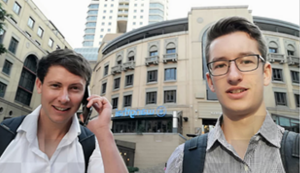
PROBLEM-SOLVING SKILLS
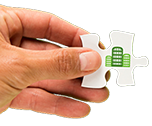
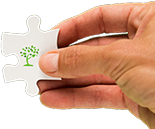
![]() SCROLL
SCROLL
In a world with many challenges, problem solving is an essential skill and data the key in unlocking solutions. A two-student team from the NWU used their problem-solving skills to finish in the top three of this year’s Ernst & Young (EY) NextWave Data Science Challenge.
Their achievement placed the NWU just behind the teams from Stellenbosch University and the University of Cape Town, which were first and second.
Heinrich Roodt, a master’s student in business mathematics and informatics (BWI), and Christiaan Loedolff, an honours student in BCom forensic accounting, proved to be a formidable team during the competition that started in April.
They received a cash prize of R5 000 and so impressed the organisers of the competition that they, like the winners, were invited to join the EY internship programme in 2020.
The annual competition, which is held at various locations globally, is extremely popular and the South African leg drew more than 200 participants from all over the country.
The students spent an entire day at the EY head office, which gave them the opportunity to network and explore opportunities for graduates.
Finding solutions in managing urbanisation
Heinrich explains that the challenge focused on how data can help the next smart city to thrive and boost the mobility of the future.
“Global urbanisation is on the rise, with more than 50% of the world’s population living in cities. According to the United Nations, that number will reach 60% by 2030 – that is nearly 1,5 billion more than in 2010,” he says.
“While this trend creates great opportunities for cities, it also presents challenges to governments on how to upgrade infrastructure, alleviate congestion and address pollution.”
He says public authorities have more information now than ever before on how citizens move around in cities, but there is a gap between having this data and using it to improve the travel experience of citizens.
“This was our chance to narrow that gap. As a participating team we were able to download a data set with a vast number of anonymous geolocation records from the American city of Atlanta (Georgia), during October 2018.”
The team used this information to produce a model to help authorities understand the journeys of urban dwellers as they move around in cities throughout the day.
Christiaan Loedolff, who is originally from Namibia, says although BMI is not his field of study, he enjoyed the experience. “The most valuable thing I learned was that with enough information you can basically solve any problem.”
“It was also amazing to realise just how many opportunities there are for people who know how to use data effectively in problem solving.”
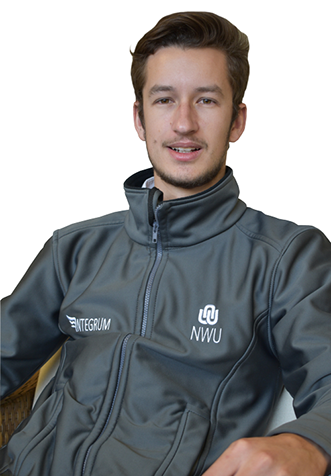
Christiaan Loedolff
Hover to read more.
“The biggest prize was not the cash winnings but the experience of networking with the EY professionals,” says Heinrich Roodt.
He believes that the NWU’s MSc BMI programme thoroughly equipped him to excel in the competition. “I am particularly grateful to Prof Riaan de Jongh, director of the Centre for BMI for his guidance.”

Heinrich Roodt
Hover to read more.
![]() SCROLL
SCROLL
![]() SCROLL
SCROLL
![]() SCROLL
SCROLL